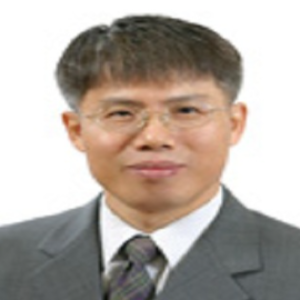Title : Applications of visible light-driven photocatalysts to photocatytic degradation and PEC water splitting
Abstract:
There have been many developed photocatalysts that could be applicable for pollutant removal and energy generation. The first part of the presentation can provide principle of photocatalysis, limitation of TiO2 photocatalysts, increasing solar energy utilization, modification methods to build visible light-driven photocatalyst, including metal and non-metal doping, using sensitizer and another semi-conductor, etc. The presentation also deals with immobilization methods of photocatalysts using porous materials and chemical reactions, VOCs removal methods using visible light-driven photocatalysts, bioaerosol removal results, and CO2 conversion to solar fuels and methanol, and other environmental applications. The last part of the presentation deals with principle of photoelctrochemical (PEC) water splitting, applications in photodegradation and PEC water splitting of modified bismuth vanadate with structural transformation and reduced graphene oxide (rGO).



